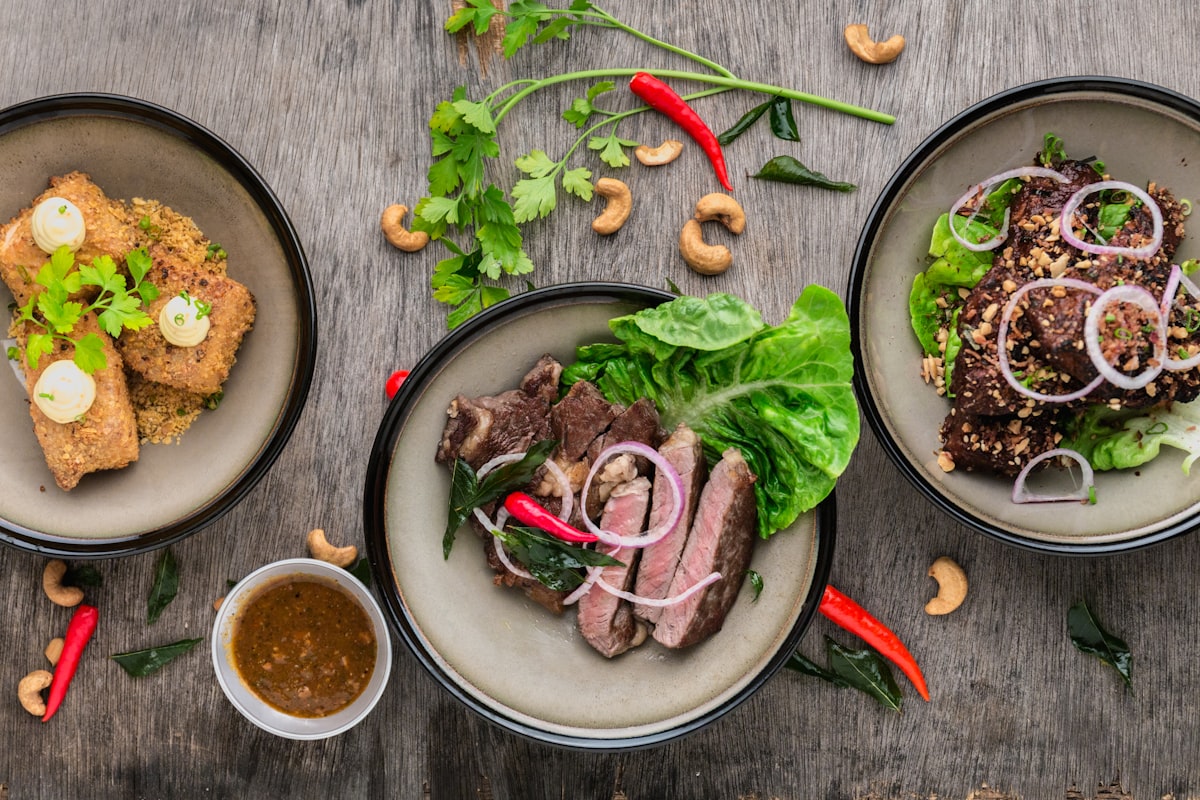Salt, Fat, Acid, Heat: Enhancing Flavorful Meals for Cancer Patients
By understanding and incorporating the principles of Salt, Fat, Acid, Heat into meal preparation for cancer patients, we can help to make meals more flavorful, enjoyable, and satisfying.

Introduction to Salt, Fat, Acid, Heat
Cooking for cancer patients is an art that goes beyond nourishment; it's about comfort, joy, and the healing power of flavors. In this journey to create meals that not only provide essential nutrition but also ignite the senses and boost the spirit, we turn to the four elements of "Salt, Fat, Acid, Heat."
You might recognize these elements from Chef Samin Nosrat's bestselling book and Netflix series. While "Salt, Fat, Acid, Heat" is known for transforming ordinary dishes into extraordinary culinary experiences, its potential in the world of cancer care is equally profound.
In this blog post, we'll explore how these principles can enhance the flavor of meals and contribute to the well-being and comfort of those facing the challenges of cancer treatment.
How to Combat Taste Changes with Cancer Treatment
If you're undergoing cancer treatment, you may be familiar with the frustrating changes in taste and appetite that can make mealtime a chore rather than a pleasure.
These changes can lead to weight loss, fatigue, and other health complications, leaving you feeling like you're missing out on one of life's simplest pleasures.
By understanding how to use these four basic elements of cooking, you can create meals that are more flavorful, satisfying, and enjoyable.
How to Use Salt to Enhance Flavors and Balance Dishes
For cancer patients undergoing treatment, taste changes can often make food taste bland or unappetizing.
It's important to use the right amount of salt, as too little can make a dish bland and too much can make it overly salty.
Additionally, for patients with high blood pressure or kidney problems, it's important to consult with a healthcare provider before adding salt to their meals.
Boosting Flavor and Nutrition with Healthy Fats
Cancer patients often need additional calories and nutrients to maintain strength and energy levels.
However, it's important to choose the right type of fat for the dish and to use it in moderation. Healthier sources of fat include animal-based fat, olive oil, and avocados, among others.
Brightening Flavors with Acidic Ingredients
This will help make your meals more enjoyable and will help increase your sense of taste.
They can also help to tenderize meat and vegetables. When using acid in cooking, it's important to balance it with other flavors so that it doesn't overpower the dish.
Cooking Techniques to Create Delicious Meals with Heat
Properly cooking food can help to enhance flavors and make meals more enjoyable.
It's important to use the right level of heat for the dish and to adjust the cooking time as needed.
Summary
By understanding and incorporating the principles of Salt, Fat, Acid, Heat into meal preparation for cancer patients, we can help to make meals more flavorful, enjoyable, and satisfying.
As a palliative care physician, I'm here to support you every step of the way in your journey toward optimal health and well-being.
And to learn more about the ways palliative care can provide support during cancer treatment, you can subscribe to get the latest updates.
Comments ()